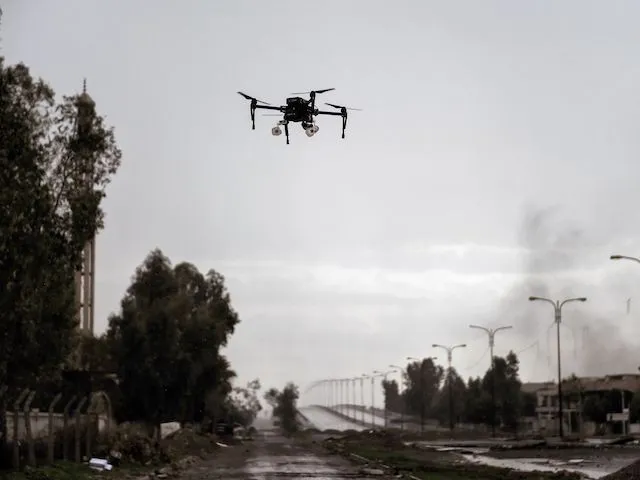Taiwanese President Tsai Ing-wen stated this weekend that her administration is studying the effectiveness of Ukrainian drone warfare against invading Russian forces and plans to invest heavily in drone research so that Taiwan might benefit from comparable advantages in the event of a Chinese invasion.
Tsai announced a plan for several local aerospace and robotics companies to collaborate to develop armed drones with the state-funded National Chung-Shan Institute of Science and Technology. So far, the institution has built two surveillance drone prototypes and two assault drone prototypes, but none of the concepts have been commissioned for production.
Last week, Taiwanese Defense Minister Chiu Kuo-cheng announced the formation of a working committee to examine Ukrainian methods against Russia, including participation from many friendly international nations.
Taiwan’s drone boosters argued that the island’s defensive geographic advantages could be amplified by well-designed targeting and attack drones, even if China’s fleet remains larger and more advanced. Chinese analysts doubted Taiwan could surpass China’s formidable edge in both quality and quantity of drones, but Chinese analysts doubted Taiwan could surpass China’s formidable edge in both quality and quantity of drones.
Last year, the RAND Corporation produced a white paper stating that Taiwan may profit from a mesh of tens of thousands of targeted drones with overlapping fields of vision, linked by a military form of 5G wireless networking. A system like this would aid Taiwan’s missiles in tracking down high-value invasion targets and striking them at their most vulnerable points.
The RAND idea needed no new technology, and the drones would be tiny and affordable, overwhelming the Chinese invading force with so many targets that it would be hard to shoot them all down.
Last year, Taiwanese media recommended developing a fleet of interceptor drones that might be used when China makes periodic forays into Taiwan’s Air Defense Identification Zone (ADIZ). China’s “gray warfare” is seen to be particularly stressful on Taiwan’s small air force, so employing drones to reply would relieve some of the strain on Taiwanese pilots – especially if China starts utilizing drones for intrusions into Taiwan’s ADIZ.








